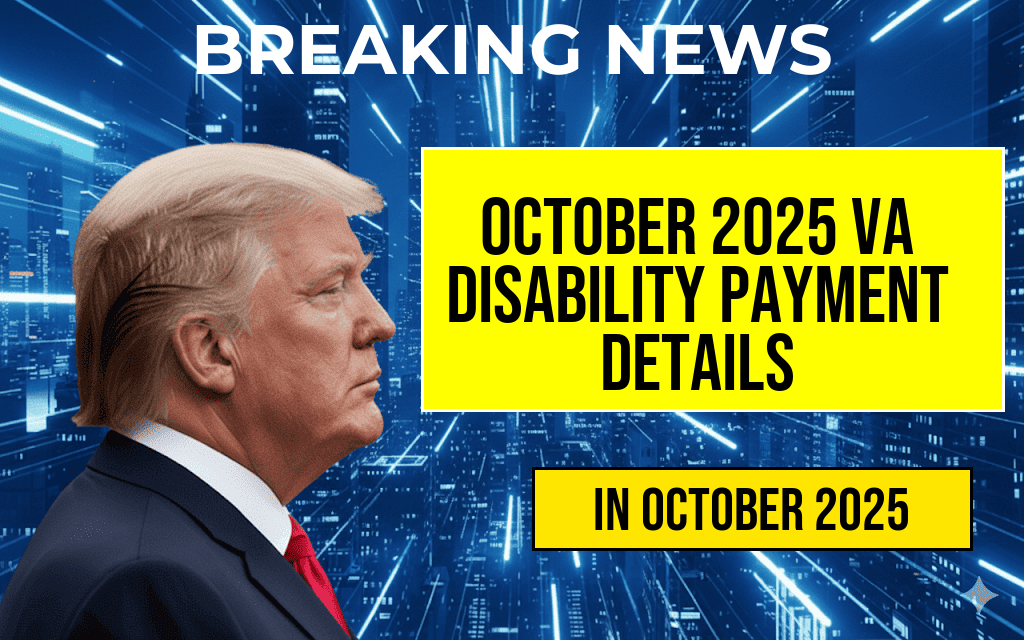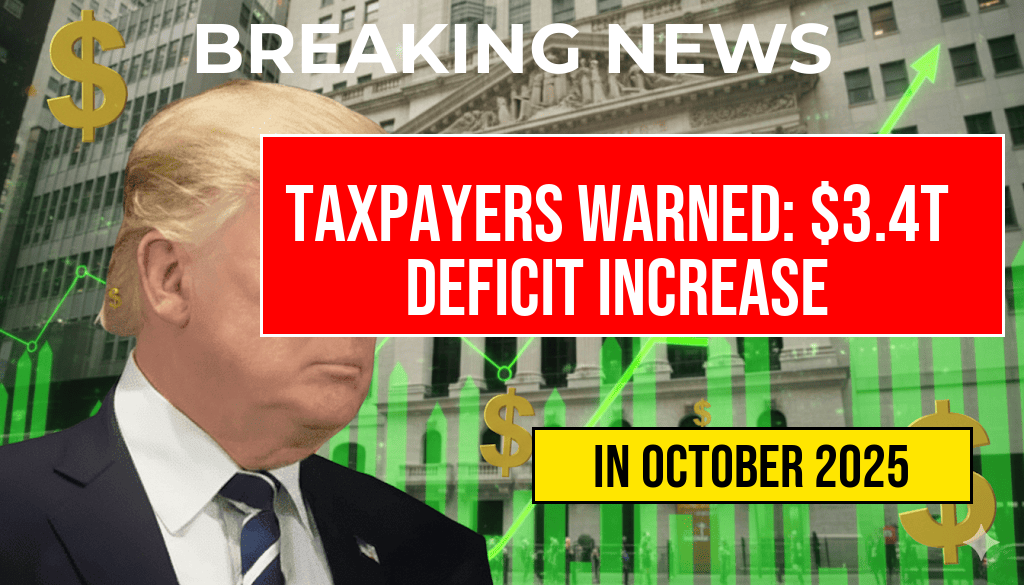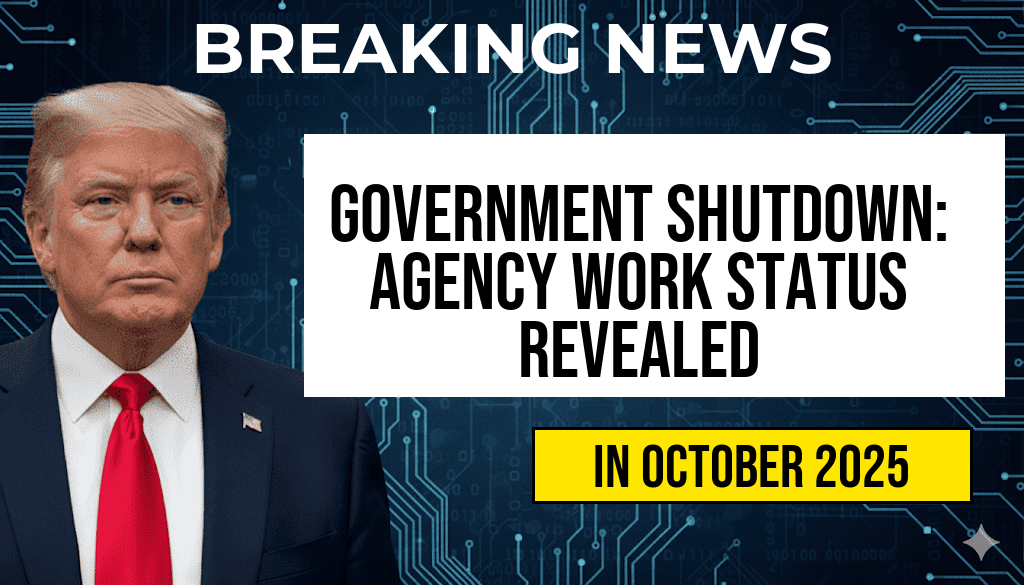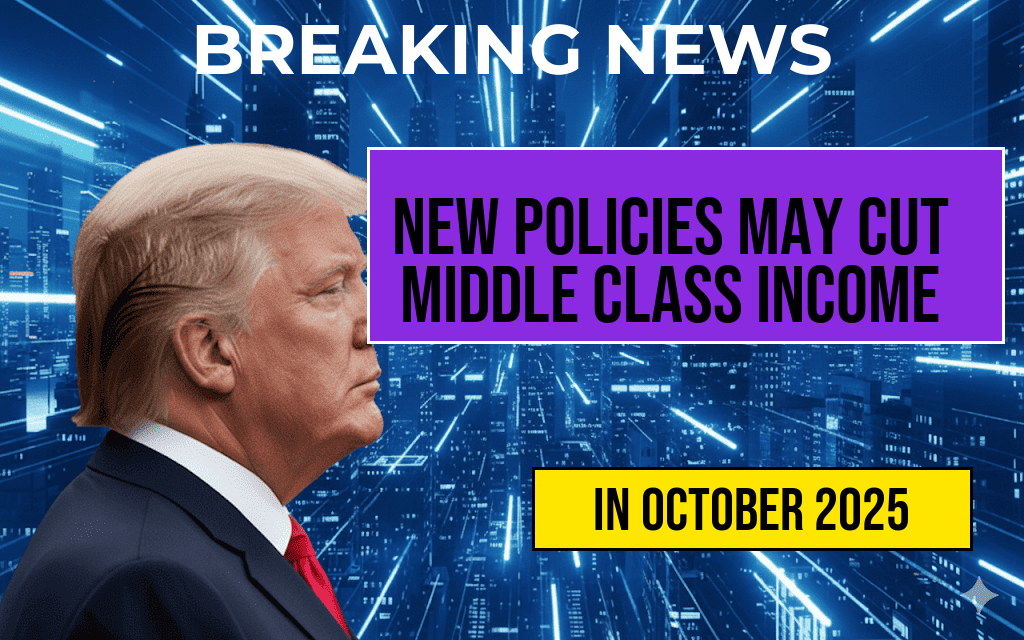The potential for a government shutdown looms large as funding debates continue in Congress, affecting millions of Americans across various sectors. As lawmakers grapple with budgetary disagreements, a comprehensive breakdown of federal agencies reveals which services will remain operational and which will be significantly impacted. Essential services, including Social Security and national defense, will maintain a level of functionality, while others, like the Transportation Security Administration (TSA), face uncertainty. This article aims to clarify the status of federal agencies during a shutdown, illustrating the implications for the workforce and the public.
Understanding the Government Shutdown
A government shutdown occurs when Congress fails to pass appropriations bills or continuing resolutions to fund government operations. During such events, the federal government can only continue essential services, leading to widespread disruptions in various sectors.
Impacted Agencies and Services
To better understand the scope of a government shutdown, we can categorize federal agencies into those that will continue operations and those that will not. Below is a detailed breakdown:
| Agency | Status | Details |
|---|---|---|
| Social Security Administration | Operational | Benefits will continue to be processed, but new applications may face delays. |
| Department of Defense | Operational | Military personnel will remain on duty, but non-essential services may be suspended. |
| Transportation Security Administration (TSA) | Operational with limitations | Security operations will continue, but staffing shortages could lead to longer wait times. |
| Internal Revenue Service (IRS) | Limited | Tax processing will slow down; customer service may be reduced. |
| Environmental Protection Agency (EPA) | Non-operational | Most regulatory functions and inspections may cease. |
| Federal Courts | Operational | Courts will remain open, but new cases may face delays. |
Essential Services Remain Functional
Critical functions will persist across various government sectors. For instance, Social Security payments will continue, ensuring that millions of Americans receive their benefits without interruption. Similarly, the Department of Defense will maintain operational readiness, with military personnel expected to fulfill their duties. However, non-essential personnel may be furloughed.
Consequences for Workers
The impact on federal employees varies significantly between agencies. Essential workers, especially in defense and security, will remain on the job but may face increased workloads. Conversely, many employees at non-essential agencies could be furloughed without pay until funding resumes. This situation creates financial uncertainty for thousands of federal workers and their families.
Public Services at Risk
Public services also face varied repercussions. For example, while national parks and museums will close their doors, air travel may experience delays due to potential staffing shortages at the TSA. This could lead to longer wait times at airports and complicate travel plans for many Americans.
Looking Ahead
As negotiations continue in Congress, the outlook for a resolution remains uncertain. Lawmakers are under pressure to reach a consensus to avoid a shutdown, which could have lasting effects on public services and the economy. Observers are closely monitoring the developments, understanding that every day lost in deliberation might deepen the consequences for federal operations.
For more information about the implications of a government shutdown, you can refer to resources such as the Wikipedia page on Government Shutdowns or an analysis from Forbes on Government Shutdowns.
Frequently Asked Questions
What is a government shutdown?
A government shutdown occurs when Congress fails to pass funding legislation, resulting in the closure of non-essential federal agencies and services.
Which agencies are affected by the government shutdown?
The shutdown impacts various agencies, including Social Security, Defense, and TSA. Essential services may continue while non-essential operations are halted.
Will Social Security benefits continue during a shutdown?
Yes, Social Security benefits will continue to be disbursed during a government shutdown, as they are considered essential services.
How does a government shutdown impact the TSA and air travel?
The TSA remains operational during a shutdown, but staffing may be affected, potentially leading to longer wait times at airports.
What should federal employees expect during a government shutdown?
Federal employees may face furloughs or be required to work without pay during a government shutdown, depending on their agency’s classification as essential or non-essential.











